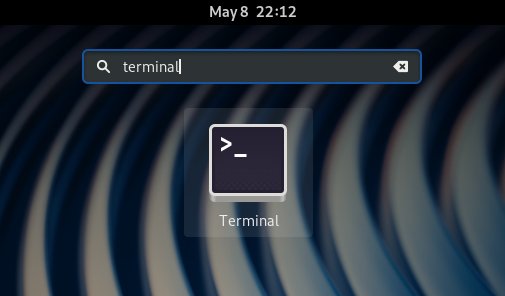SoapUI Fedora 28 Installation Guide
How to Install SoapUI Open-Source on Fedora 28 GNU/Linux – Step by step Tutorial.
And SoapUI for Fedora 28 is a leading Functional Testing Tool for SOAP & REST Protocols.
Moreover, with its Easy-to-use UI, and Enterprise-Class Features, SoapUI allows you to Easily and Rapidly Create and Execute Automated Functional, rRgression, and Load Tests.
Some SoapUI Key Features are:
- API Testing: SoapUI allows users to create and execute automated tests for SOAP (Simple Object Access Protocol) and REST (Representational State Transfer) APIs. This includes functional testing, load testing, security testing, and compliance testing.
- User Interface: SoapUI provides a graphical user interface (GUI) that allows testers to easily create, edit, and run test cases without needing to write code manually. However, it also supports scripting for more advanced test scenarios using Groovy, a scripting language for Java.
- Support for Various Protocols: SoapUI supports SOAP, REST, HTTP, JMS (Java Message Service), AMF (Action Message Format), JDBC (Java Database Connectivity), and other protocols commonly used in web services.
- Data-Driven Testing: It enables data-driven testing, where test cases can be parameterized to use different sets of data, improving test coverage and efficiency.
- Assertions and Validations: SoapUI allows users to define assertions to verify the response of API requests, ensuring that the application behaves as expected under different conditions.
- Reporting: It generates detailed test reports, including statistics and metrics, which can be useful for analysis and tracking the progress of testing efforts.
- Integration with Other Tools: SoapUI can be integrated with continuous integration (CI) and continuous deployment (CD) tools such as Jenkins, TeamCity, and Bamboo, enabling automated testing as part of the software development lifecycle.
- Plugins and Extensions: SoapUI supports plugins and extensions that extend its functionality, allowing users to customize and enhance their testing capabilities according to their specific requirements.
In a single Test Environment, SoapUI provides Complete Test Coverage – from SOAP and REST-based Web Services, to JMS Enterprise Messaging layers, Databases, Rich Internet Applications, and much more.
Finally, this guide includes detailed instructions on Getting Started with SoapUI on Fedora.

-
1. Launching Shell Emulator
Open a Terminal window
(Press “Enter” to Execute Commands)
Contents